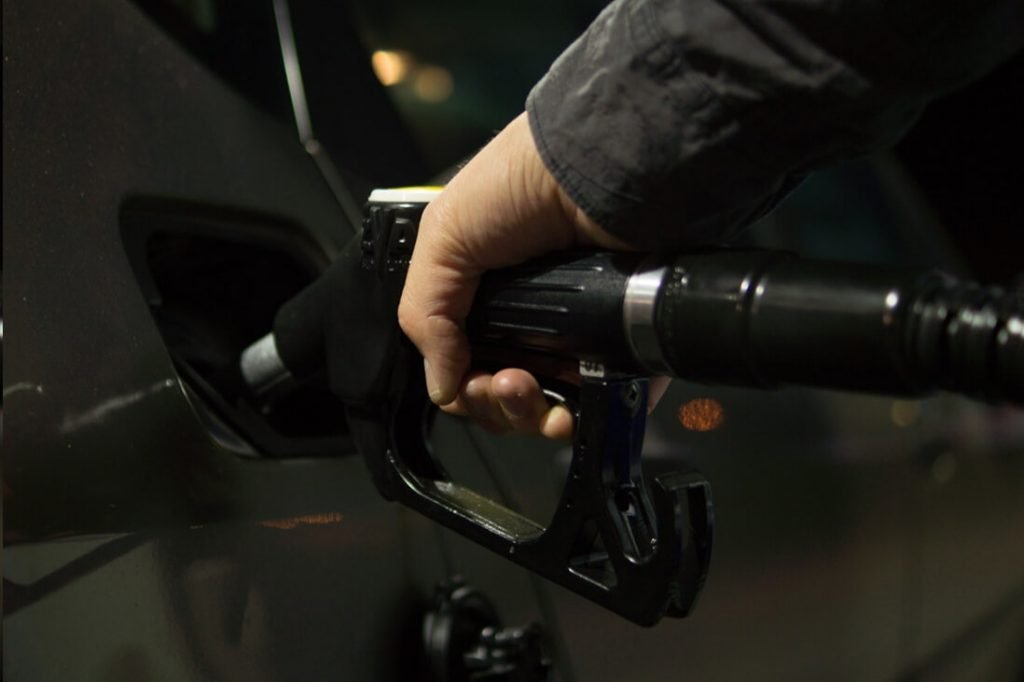For many people, summer 2022 is an opportunity to make up for lost time. Many of the pandemic’s usual restrictions lifted this summer, giving you a chance to return to normal as you do everything you couldn’t in the past— and then some!
Covering the bill while dining with friends, going on a few road trips, snagging an all-inclusive deal, and seeing live music. Phew — these summertime treats cost more than they did before the pandemic thanks to inflation.
Before you know it, you’ve maxed out your cards and drained your emergency fund, leaving your finances worse for wear going into fall. To get back on track, follow these simple money management tips.
Table of Contents
1. Know How to Handle an Emergency
If you’ve maxed out credit cards, you can’t rely on the plastic in your wallet anytime an expense comes out of the blue. That means you need to think of an alternative way to handle mini financial emergencies until you can pay off your credit cards.
If you don’t have a loved one you can ask for help, take some time to research direct deposit loans. These borrowing options deliver your funds straight into your bank account if approved, so you don’t have to take time out of your day to go to a storefront financial institution or deposit a check.
Check out how a direct deposit loan online compares to other short term personal loans before an emergency arrives. This way, you can determine if this is a good fit for your finances without the stress of an unexpected expense hanging over your head. You’ll be able to comparison shop without racing against the clock.
2. Choose a Credit Card Debt Payment Method
Paying off your credit cards will free up your credit limit, so you can use these cards once again as an emergency backup instead of direct deposit loans.
Decide whether you want to follow the avalanche or snowball method. The avalanche method focuses on the debt with the highest interest rate first, while the snowball method pays off the smallest balance first. The snowball method might be the best option if all your credit cards have the same interest rate and finance charges.
3. Repay Your Emergency Fund
Personal savings will always trump credit cards and direct deposit loans in an emergency, so make sure you contribute a small part of your budget towards rebuilding your emergency fund.
Ideally, you’ll want to work up to saving six months of living expenses in this fund. But if this goal is overwhelming, focus on whatever you can do in the here and now—even if that’s just $50 a month.
4. Return to Your Budget & Cut Costs
Now that you have your two goals in mind (paying off credit cards and repaying savings), it’s time to go back to your budget. Reining in your expenditures after a summer of overspending can help you achieve these goals faster.
Tally up all your expenses and highlight any unnecessary spending you can foreseeably cut to free up more cash for your goals. Extra cash you spend on monthly takeout, subscription boxes, a gym membership, or even on groceries can add up.
Bottom Line:
Once you squeeze out the last ounce of fun from summer, your finances can feel a little overcooked. Remember these tips to get your finance back on track for the fall—and any other time you overspend in the future.
